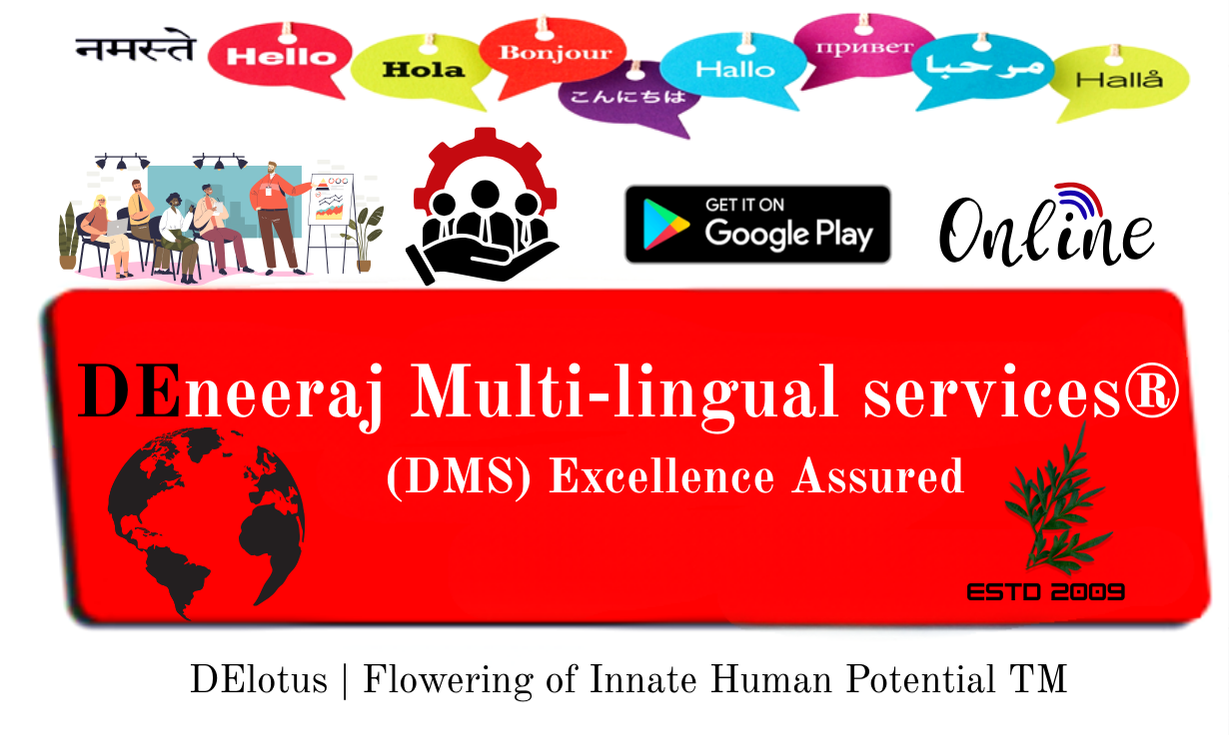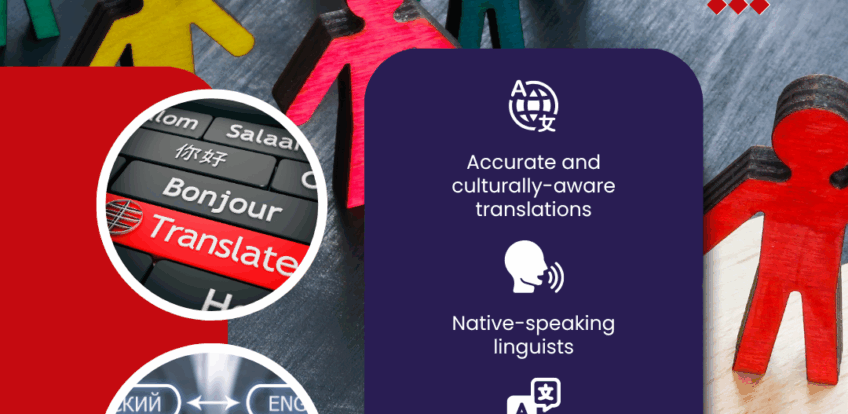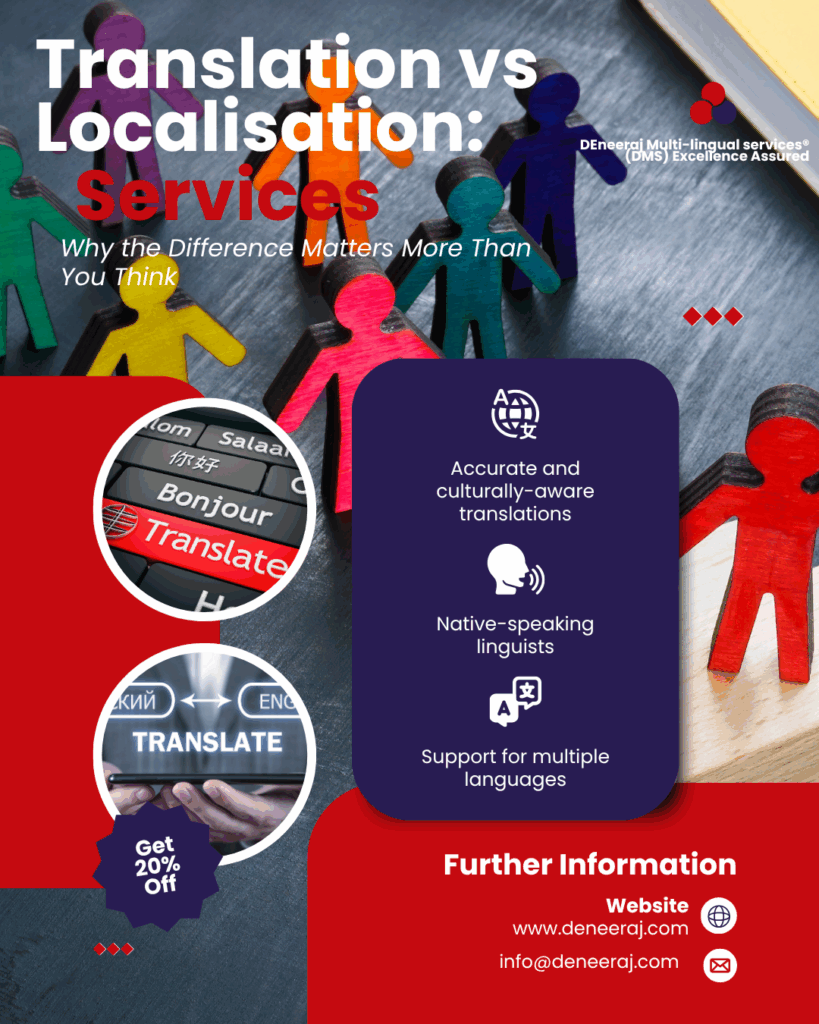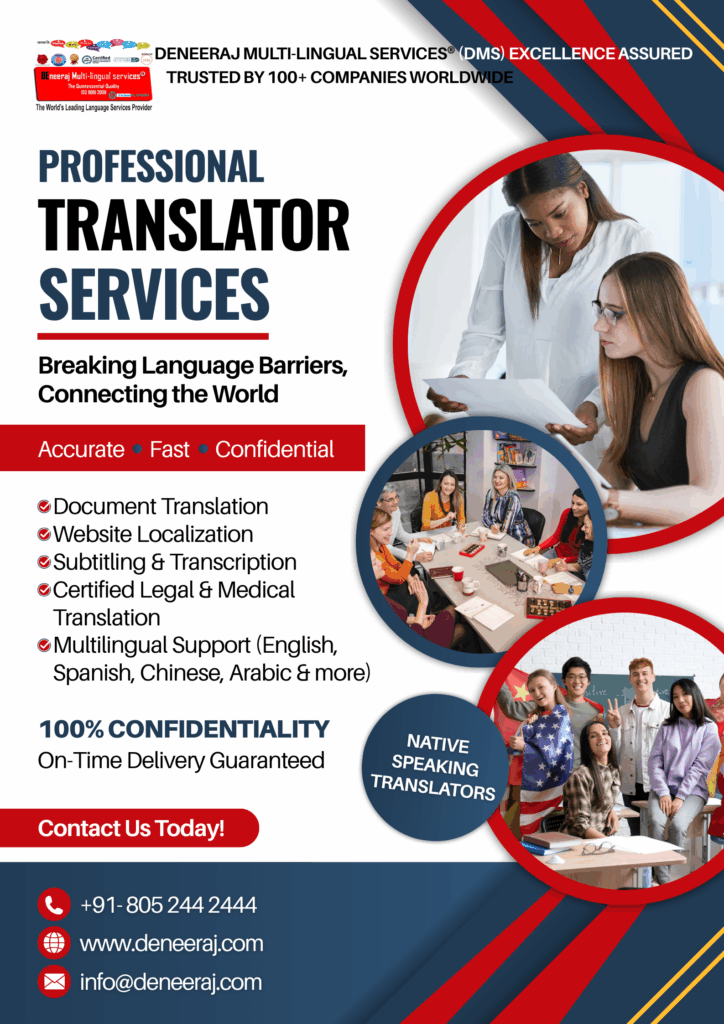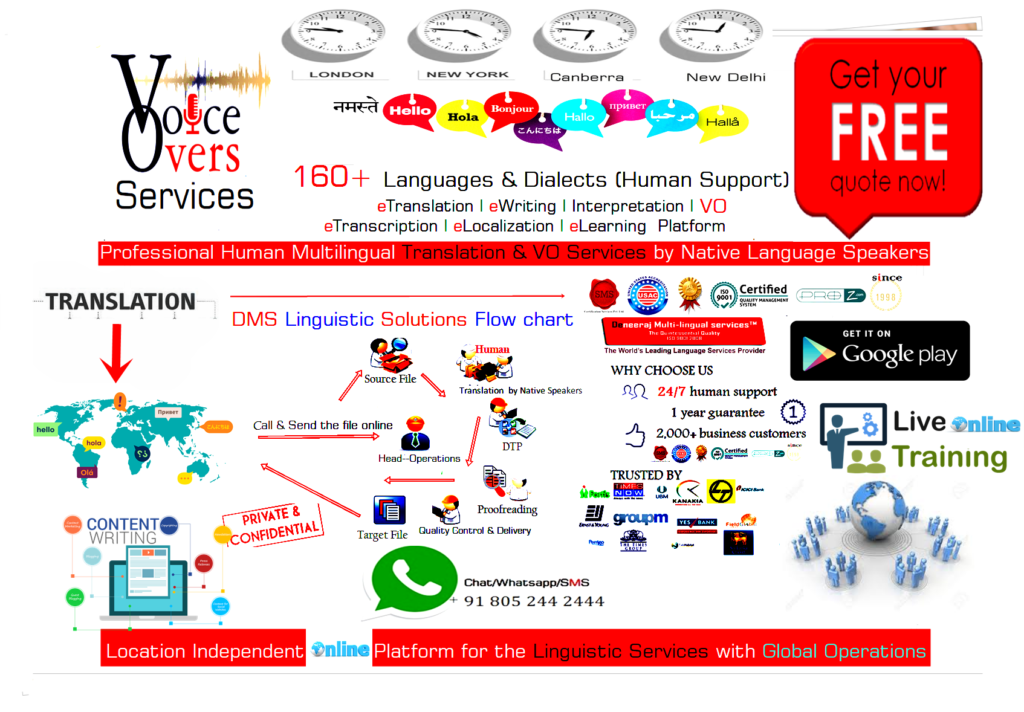Translation vs Localisation I Transcription & Transliteration Services
Translation vs Localisation I Transcription & Transliteration Services
In a world where communication moves across borders in milliseconds, it’s no longer enough to simply translate your message. Words may cross the language barrier, but will they cross the cultural barrier? That’s where localisation comes in. Many businesses, content creators, educators, and marketers still believe that translation is the end of the road. But when your goal is not just to be understood—but to connect, inspire, and build trust—you need more than translation. You need localisation.
So, what’s the difference?
What is Translation?
Translation is the process of converting text from one language to another while keeping the original meaning intact. It focuses on linguistic accuracy, grammar, spelling, and syntax. The tone, structure, and message remain close to the source content, making it useful for texts that require clarity and precision.
Translation is ideal for:
- Legal documents
- Technical manuals
- Standard operating procedures
- Medical reports
- Educational transcripts
- Basic subtitles
In these contexts, the goal is to inform, not to emotionally engage. Translation works well when the message must be consistent, unambiguous, and formal.
What is Localisation?
Localisation goes much further. It not only translates your content into another language, but also adapts it to fit the culture, region, beliefs, idioms, social norms, and preferences of your audience. It considers what the words mean emotionally and culturally, not just what they mean literally.
Translation vs Localisation I Why the Difference Matters More Than You Think I Transcription & Transliteration Services I Interpretation
Localisation adjusts:
- Tone and conversational style
- Currency, measurements, and time/date formats
- Cultural references, festivals, humour, and metaphors
- Images, colours, and visual symbols
- User expectations and reading habits
This is especially important in content meant to persuade, influence, or emotionally resonate, such as:
- Marketing campaigns
- Brand storytelling
- Voice and accent training materials
- Apps and websites
- E-learning modules
- Entertainment content
In short: translation helps your audience understand you. Localisation helps them relate to you.
Why Does This Difference Matter?
Cultural Sensitivity Builds Trust
When your message sounds robotic or foreign, even if it’s accurate, it can feel disconnected. Localisation removes that distance. It uses familiar expressions, relevant references, and culturally preferred formats—making your audience feel that the content was created for them, not just converted for them.
Better Engagement and User Experience
Localised content tends to perform better across the board. People stay longer on your website, respond more to your campaigns, and feel more comfortable learning or buying from you. Because it feels natural, the content is easier to absorb and more persuasive.
Consistency with Brand Identity
If you’re building a brand voice—whether friendly, formal, playful, or professional—localisation helps you maintain that tone across languages. A simple translation may not be able to reflect your brand personality in different markets, but localisation ensures it’s preserved, adapted, and understood.
Reaching the Right Emotion, Not Just the Right Word
Humour, emotion, and cultural nuance are often lost in literal translation. A tagline that works in English may sound confusing or awkward in another language. Localisation reimagines your content to ensure that it triggers the same emotional response in a new language as it did in the original.
So, Which One Do You Need?
If your goal is to share factual, legal, or instructional information with high accuracy and formality, translation is likely enough.
But if your content is meant to market, teach, influence, inspire, or entertain, then localisation is essential. It allows your message to feel native, not foreign—and that’s what builds real connection.
What Makes DMS Different?
At DEneeraj Multi-lingual Services® (DMS), we understand that language is more than just words. It’s context, tone, feeling, identity, and culture. That’s why we provide end-to-end language solutions that combine translation accuracy with localisation expertise.
Our multilingual services include:
- Translation & Localisation Services
- Transcription & Transliteration Solution
- Onsite & Remote Interpretation
- Review, Proofreading & Editing
- Website & Software Localisation
- Transcreation, Typesetting, and DTP
- Improvement of Existing Translations
We proudly serve over 100 global clients, including corporates, governments, NGOs, and media companies. Whether you need to translate, localise, interpret, or transcreate, DMS ensures your message is clear, culturally relevant, and professionally delivered—every time.
Ready to Take Your Message Global?
Whether you’re launching a new course, expanding into international markets, or creating a multilingual app or campaign—don’t just translate. Localise.
Get in touch with DEneeraj Multi-lingual Services® (DMS) today for a FREE consultation or quote. Let us help you speak to the world—not just in their language, but in their voice.

